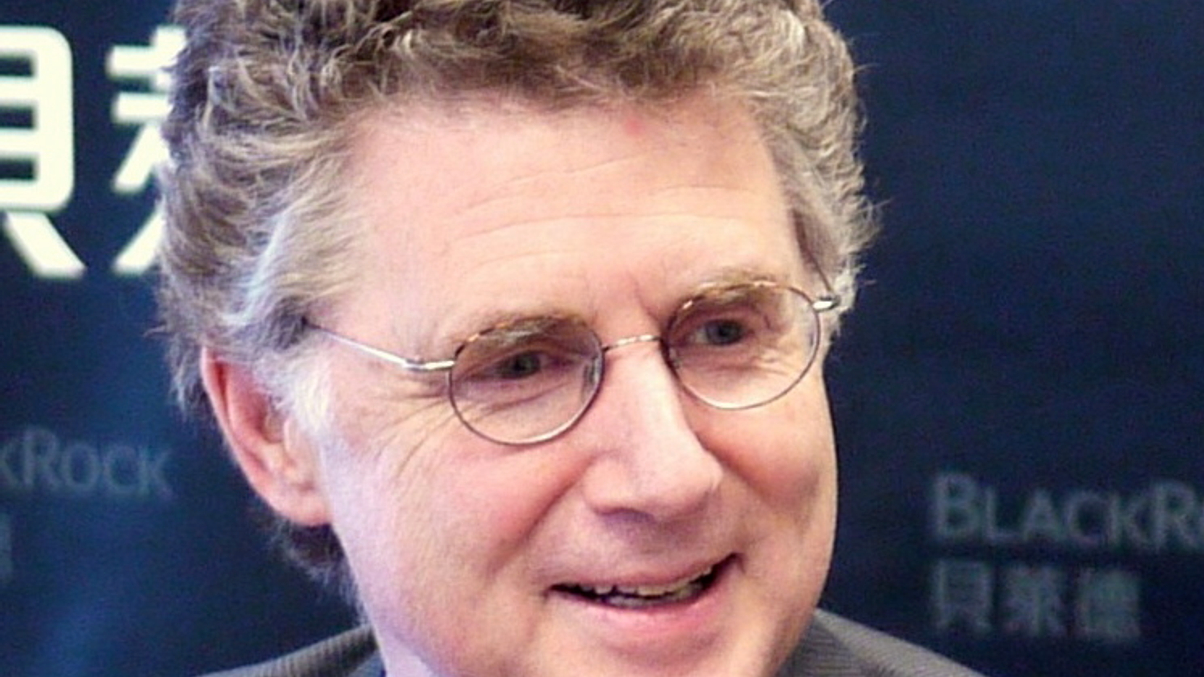BlackRock’s Peter Fisher doesn’t see US bond drama
The political consensus in America is all about fiscal rectitude, and interest rates are unlikely to see wild swings, says the global head of fixed income at BlackRock.

Last week, as US President Barack Obama delivered a speech outlining his vision for America’s fiscal future, Peter Fisher was travelling through Asia to meet major institutional investors.
Sign in to read on!
Registered users get 2 free articles in 30 days.
Subscribers have full unlimited access to AsianInvestor
Not signed up? New users get 2 free articles per month, plus a 7-day unlimited free trial.
¬ Haymarket Media Limited. All rights reserved.


